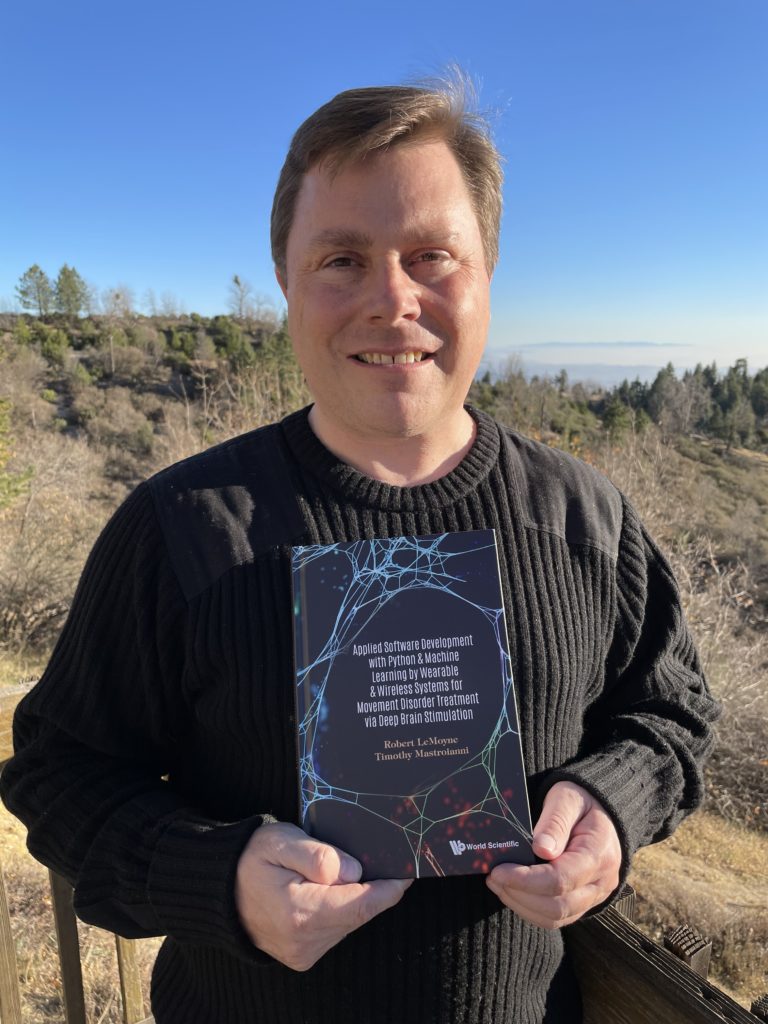
Ideas without borders
Michigan Engineering alum Robert LeMoyne releases a new book about his life-changing injuries in efforts to help others who have suffered traumatic injuries.

Michigan Engineering alum Robert LeMoyne releases a new book about his life-changing injuries in efforts to help others who have suffered traumatic injuries.

Helicoptering into U-M’s C.S. Mott Children’s Hospital on October 18, 1986, 12-year-old Robert LeMoyne’s first trip to U-M was nothing like he expected. He grew up during Michigan Football’s Bo Schembechler glory days and had always dreamed of attending the school.
Instead, his first visit was by survival flight, the result of a catastrophic closed-head brain injury that nearly killed him and left him temporarily mute and quadriplegic. After pediatric neurosurgery saved his life, LeMoyne (BSE Aero ’95, ME ’97, MSE ME ’97) didn’t forget his dream of becoming a Wolverine, and he channeled the trauma of his injury toward that goal, eventually graduating summa cum laude with degrees in aerospace and mechanical engineering.
Today, he’s a successful adjunct professor and inventor who hopes to help others who have suffered traumatic injuries get the best care, no matter where they are. His new book, titled “Applied Software Development with Python & Machine Learning by Wearable & Wireless Systems for Movement Disorder Treatment via Deep Brain Stimulation,” offers a foundation for a system of software and wearable sensors that could one day provide remote deep-brain stimulation therapy to patients in their own homes.
He believes that the concepts demonstrated by his research and books could help people like himself, who have suffered brain injuries. They could also help amputees use prosthetic limbs more effectively by improving their perception of how the artificial limbs move.
“I am profoundly grateful for the care I got at Michigan Medicine, and it’s my goal to make that kind of care available to people located anywhere in the world,” he said. “My hope is that the new book will help to make that happen by speeding the development of systems that can provide remote therapy to patients and send quantifiable feedback from those patients back to clinicians.”
LeMoyne also holds a PhD in biomedical engineering from UCLA.